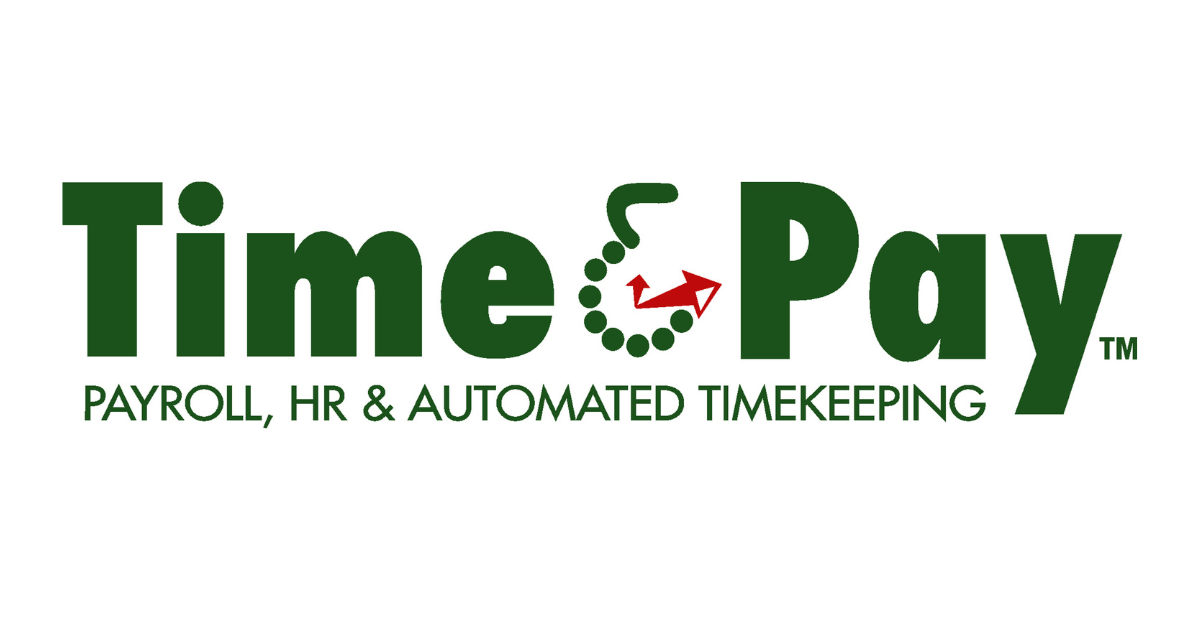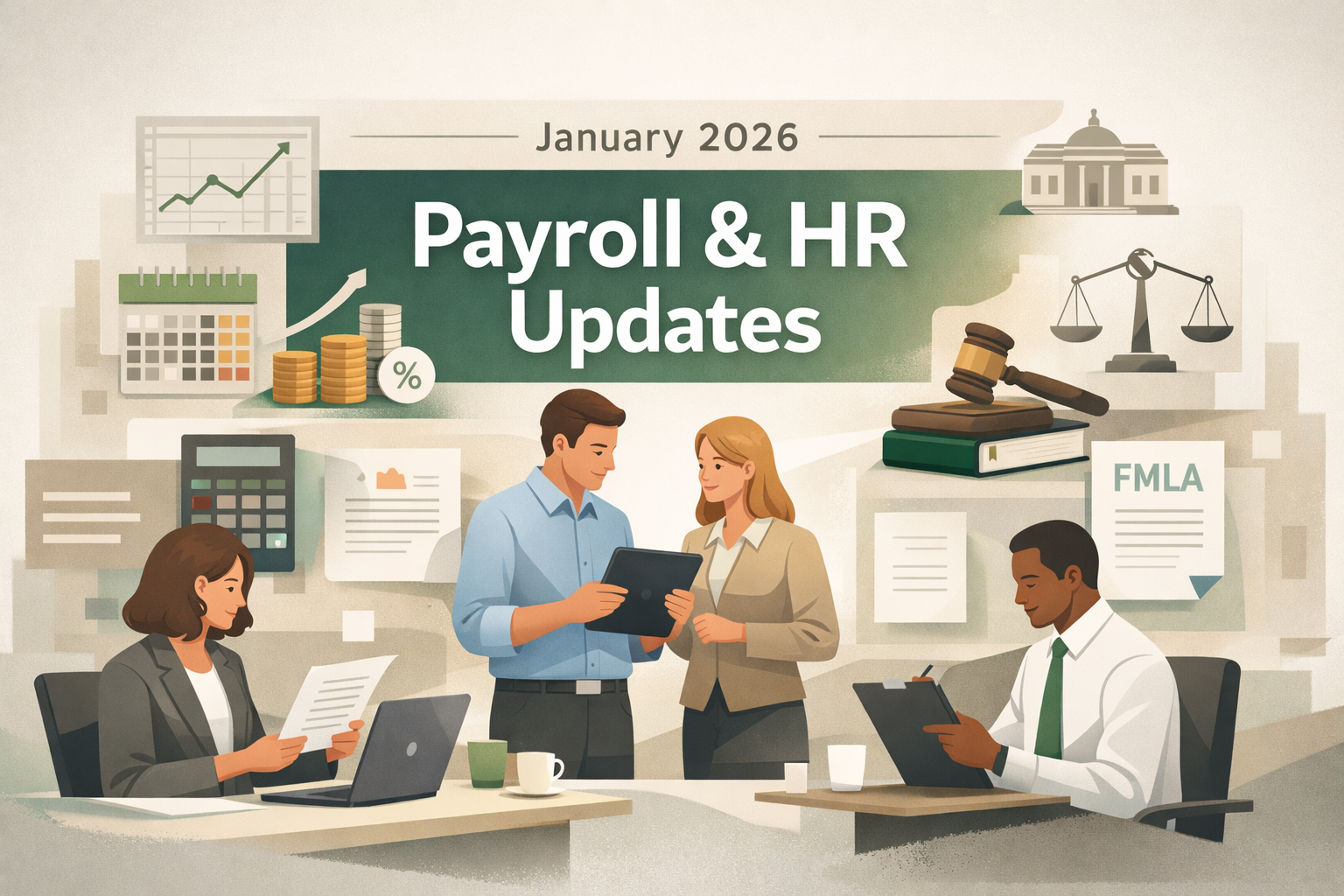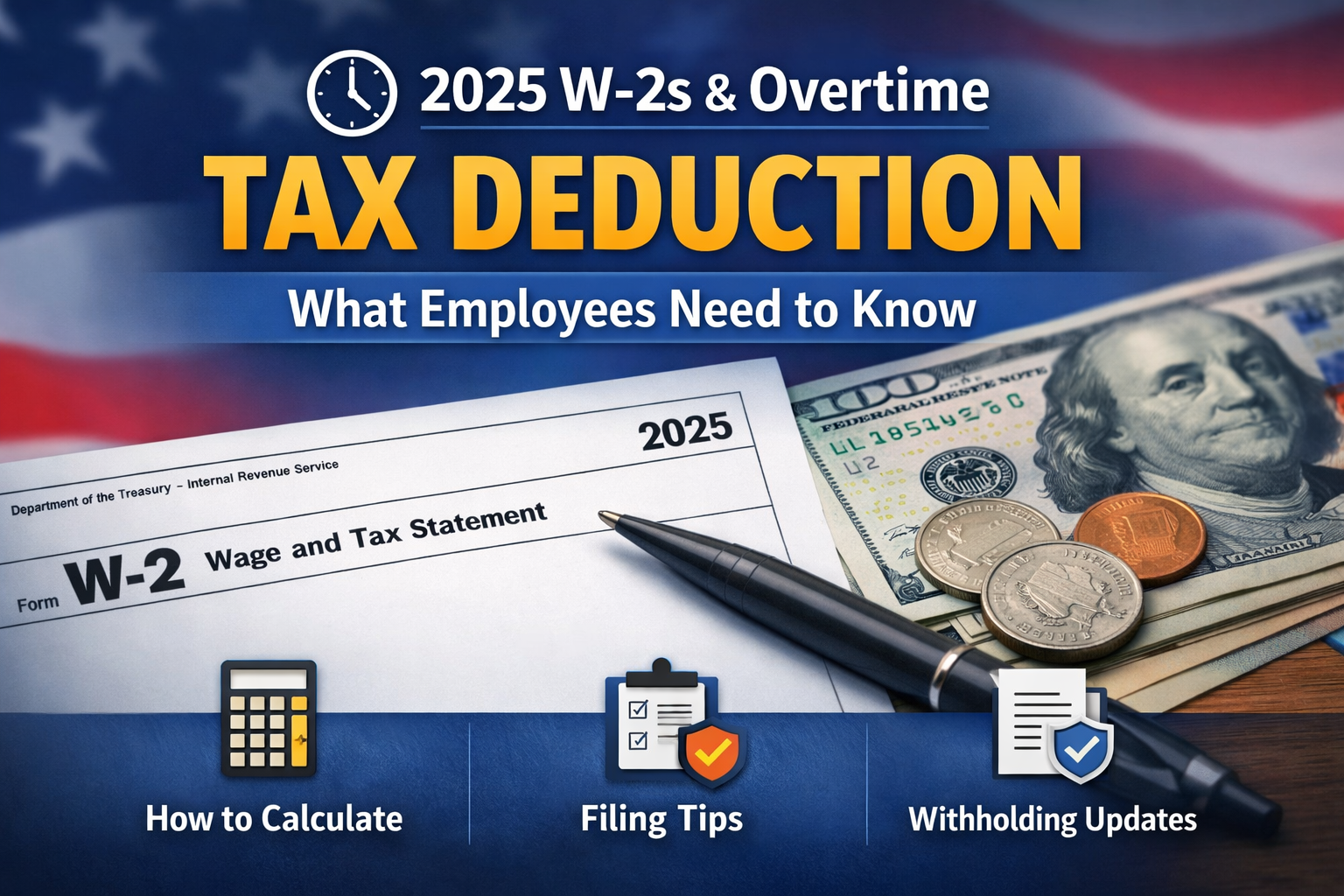Streamline Your Payroll with Trusted Services in Kingsport, TN
Managing payroll is one of the most critical aspects of running a successful business. Whether you're a small business owner or managing a large enterprise, ensuring your payroll is accurate, compliant, and timely is essential for keeping your employees happy and avoiding costly mistakes. If you're based in Kingsport, TN, and looking for reliable payroll services, you've come to the right place.
Why Kingsport Businesses Choose Time & Pay
At Time & Pay, we understand the unique challenges that Kingsport businesses face when it comes to payroll. Our team is dedicated to providing customized payroll solutions that meet your specific needs, no matter the size or complexity of your organization.
Key Benefits of Our Payroll Services:
- Accuracy & Compliance: We ensure that every payroll is processed accurately and in full compliance with federal and state regulations, so you can rest easy knowing you're protected from potential penalties.
- Time-Saving Solutions: Our automated payroll systems save you time by reducing the need for manual calculations and data entry, allowing you to focus on growing your business.
- Employee Self-Service: Empower your employees with access to their pay stubs, tax documents, and more through our user-friendly online portal.
- Dedicated Support: Our team of payroll experts is always available to answer your questions and provide support whenever you need it.
Serving Kingsport and Beyond
While our roots are in Johnson City, we proudly extend our services to the Kingsport community. We understand that each business has unique needs, and our local expertise allows us to tailor our payroll services to meet the specific demands of the Kingsport area.
Why Local Matters
Choosing a local payroll service provider like Time & Pay means you're working with a team that understands the local business environment. We are familiar with the specific payroll requirements and tax regulations in Tennessee, which means we can offer personalized service that goes beyond the basics. If something does go wrong, we're only 20 minutes down the road , and will work to resolve the problem as quickly as possible.
Get Started Today
If you're ready to take the stress out of payroll management, contact Time & Pay today. Let us show you how our payroll services can help your Kingsport business run more smoothly and efficiently.




